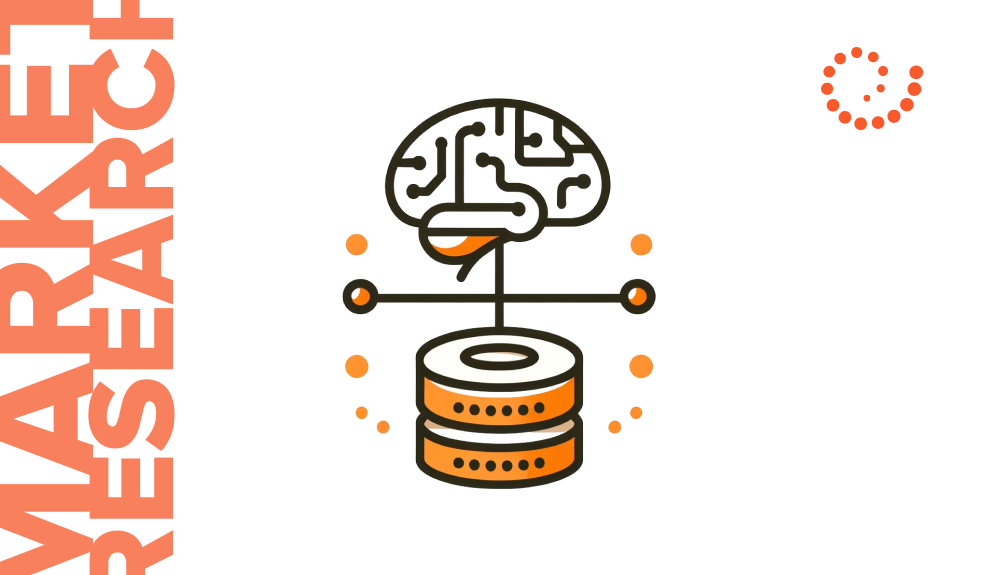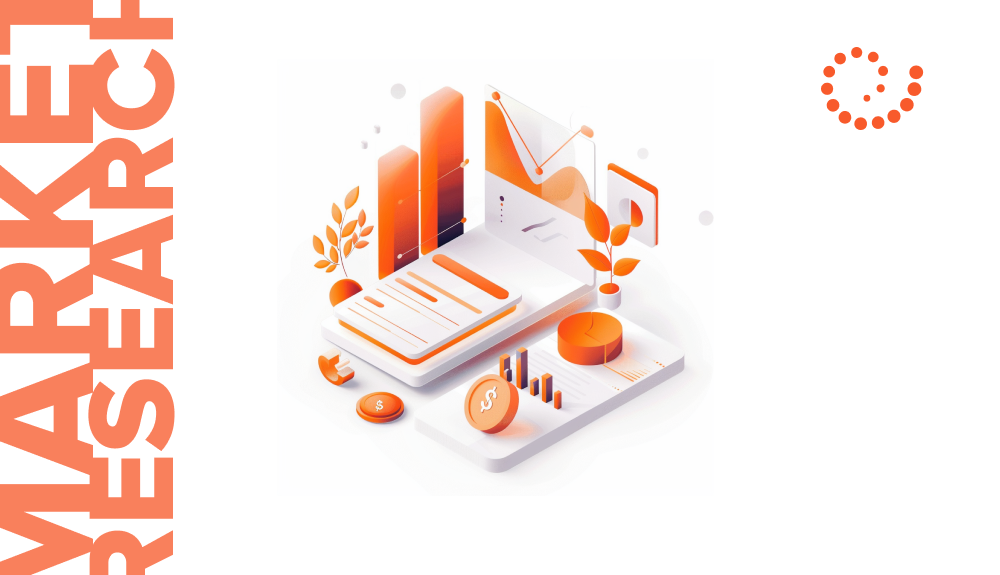Yes, e-invoicing solutions can integrate with existing business systems, such as Enterprise Resource Planning (ERP) and accounting software. This integration streamlines the invoicing process, reduces manual data entry, and minimizes errors. It allows for automated data exchange and processing, leading to improved efficiency, faster payment cycles, and enhanced data accuracy. Businesses should look for e-invoicing solutions that offer easy integration capabilities with their current systems to maximize these benefits.

